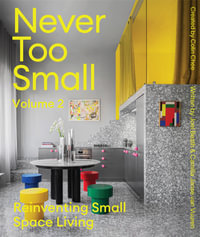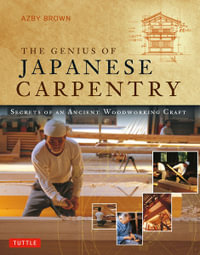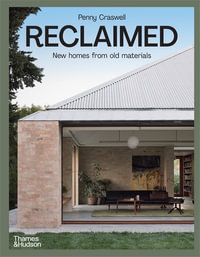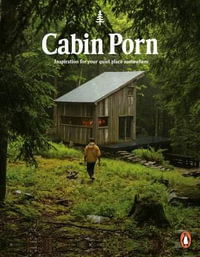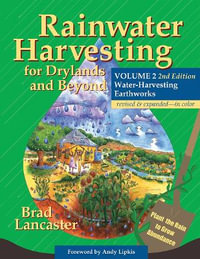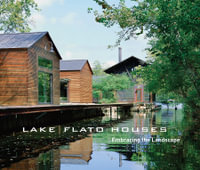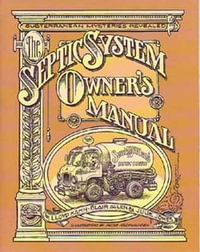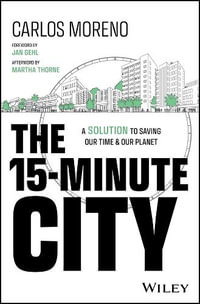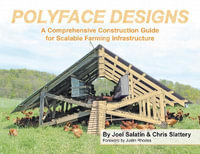The Urban Mining and Recycling (UMAR) Experimental Unit, located on the campus of the Swiss Federal Laboratories for Materials Science and Technology, was designed by Werner Sobek with Dirk E. Hebel and Felix Heisel. All the elements required to construct the unit had to be 100% reusable, recyclable or compostable. Of central importance is the idea that instead of using and subsequently disposing of resources, they can be borrowed from their technical and biological cycles for a certain amount of time before being put back into circulation once again.
This project demonstrates how a responsible approach to dealing with natural resources can be applied to creating appealing and sustainable buildings, and places life-cycle thinking at the forefront of design.
Book Features:
- New and important insights into the use of recyclable materials in housing construction.
- Makes a case for creating buildings which are both sustainable and beautiful.
Text in English and German.
55 colour images
About the Authors
Prof. Werner Sobek is the founder of an international group of engineering and design consultants, offering premium consultancy services for architecture, structures, facades and sustainability. By means of award-winning experimental buildings such as R128, H16, F87, B10 and (most recently) UMAR he studies how new materials, structures and technologies can bring about a radical change of our built environment.
Dr. Frank Heinlein studied history in Berlin, Edinburgh, Strasbourg and Freiburg, before completing his doctoral studies at the European University Institute in Florence. Since 2000, Frank Heinlein has been directing corporate communications at the Werner Sobek Group. Since 2013 he has also been managing director of the non-profit E-Lab Project Ltd., which has set up a future-orientated research project on the Weissenhofsiedlung in Stuttgart: Aktivhaus B10. As an honourary board member of aed, Frank Heinlein sets up and organises many presentation events and young talent competitions.


